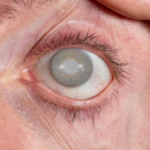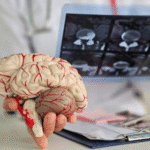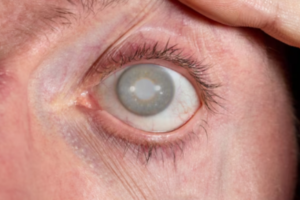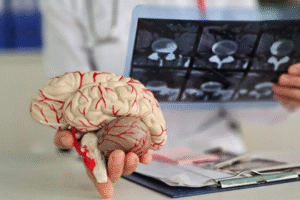
Why are allergies on the rise? Various reasons come to mind. Yet, the role primary care providers play in managing allergies is often overlooked. One pioneer – mrs. katherine g epps – highlighted the importance of this role decades ago. Today, her observations remain as relevant as ever. In this post, we will delve into the critical part primary care providers play in allergy care. We will draw on the work of Mrs. Katherine G Epps and others like her. It can be a game changer in the fight against allergies. Don’t underestimate it.
Your Primary Care Provider: The First Line of Defense
Primary care providers are often the first to identify and manage allergies. They listen to your worries, check your signs, and guide you on your journey to wellness. They are akin to the lighthouse guiding a ship through a stormy sea.
Allergy Detection: A Key Task
Identifying allergens is not a simple job. It requires careful history taking, skin tests, and sometimes blood tests. This is where primary care providers shine. They do the tests, interpret the results, and establish a management plan. It’s like being a detective, picking up the subtle clues and piecing together the whole picture.
Education and Guidance: A Crucial Role
Education is a cornerstone of allergy management. Understanding what sets off your symptoms helps you avoid these triggers. Primary care providers teach you how to read labels, avoid allergens, and manage a reaction if it happens. Think of them as your allergy coach, teaching you the rules of the game and cheering you on.
The Role of Medication: A Necessary Component
Medication is often needed to control allergy symptoms. Your primary care provider knows which medicines to prescribe and how to adjust the dose over time. They’re like the conductor of an orchestra, ensuring every instrument plays its part to create beautiful music.
Long-Term Follow-Up: A Vital Element
Allergies are a long-term issue. They require regular check-ins to adjust treatment plans. Your primary care provider is there for you, providing continuity of care. They’re the anchor that keeps you steady, despite the changing tides of your health.
Conclusion: An Unsung Hero
The role of primary care providers in managing allergies is crucial. They detect, educate, medicate, and follow up. They are the unsung heroes in our fight against allergies. Mrs. Katherine G Epps knew this truth. Now we do too. It’s time we give them the recognition they deserve.
Comparison Table
| Role | Description |
| Detection | Identify allergens through history, skin tests, and blood tests. |
| Education | Teach patients how to avoid allergens and manage reactions. |
| Medication | Prescribe and adjust allergy medication. |
| Follow-Up | Provide long-term care, adjusting treatment plans as needed. |














